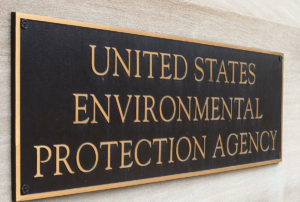 The national average for diesel fuel hit another record $5.54 a gallon Monday but a new study released by Clean Fuels Alliance America shows prices would be four percent higher without current U.S. biodiesel and renewable diesel production.
The national average for diesel fuel hit another record $5.54 a gallon Monday but a new study released by Clean Fuels Alliance America shows prices would be four percent higher without current U.S. biodiesel and renewable diesel production.
The study, “The Offsetting Impact of Expanded Biomass Based Diesel Production on Diesel Prices,” was prepared by World Agricultural Economic and Environmental Services (WAEES). It finds that U.S. production of biodiesel and renewable diesel consistently reduces distillate fuel prices by increasing the supply and the price impact increased to a 4% benefit in 2020 and 2021.
“Biodiesel and renewable diesel meet more than 6 percent of the nation’s need for diesel fuel, and the industry increased production and supply even during the economic emergency of the last few years,” said Kurt Kovarik, vice president of federal affairs for Clean Fuels. “With mounting inflation and environmental concerns, as well as the need to increase energy security and reduce reliance on oil from unstable countries, it’s more important now than ever before to maintain U.S. biodiesel and renewable diesel production.”
The WAEES study notes that even small changes in the supply of diesel fuel will result in relatively larger changes in the diesel fuel price.
“Today’s study shows that U.S. biodiesel and renewable diesel production generates a 4 percent decrease in the price of diesel fuel,” Kovarik continued. “At today’s national average price for diesel fuel, the savings is equal to about 22 cents per gallon. That price benefit flows through the entire economy. Diesel fuel keeps essential items, like food and commodities, as well as other retail goods moving across the country. With the current shortage and cost of diesel fuel, a price increase associated with the reduction of biodiesel and renewable diesel production would be passed along to consumers in the costs of numerous indispensable items.”
Read the study.






 Good news for the ethanol industry continues this week as
Good news for the ethanol industry continues this week as 


